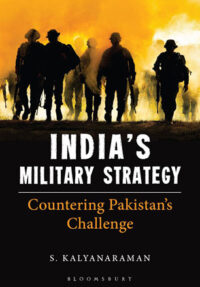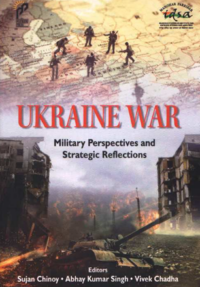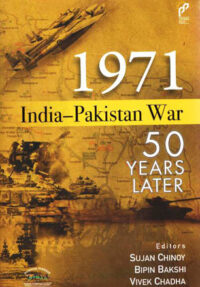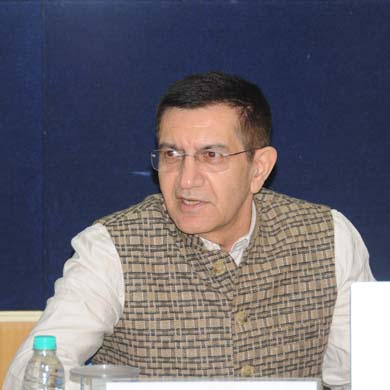China’s Military Reforms: Is All Well With the PLA?
If PLA doesn’t change its ‘army-centric’ character and make way for professionals with domain expertise, the higher defence organisation will continue to be weak and the reform only in name.
- Mandip Singh
- March 09, 2016













